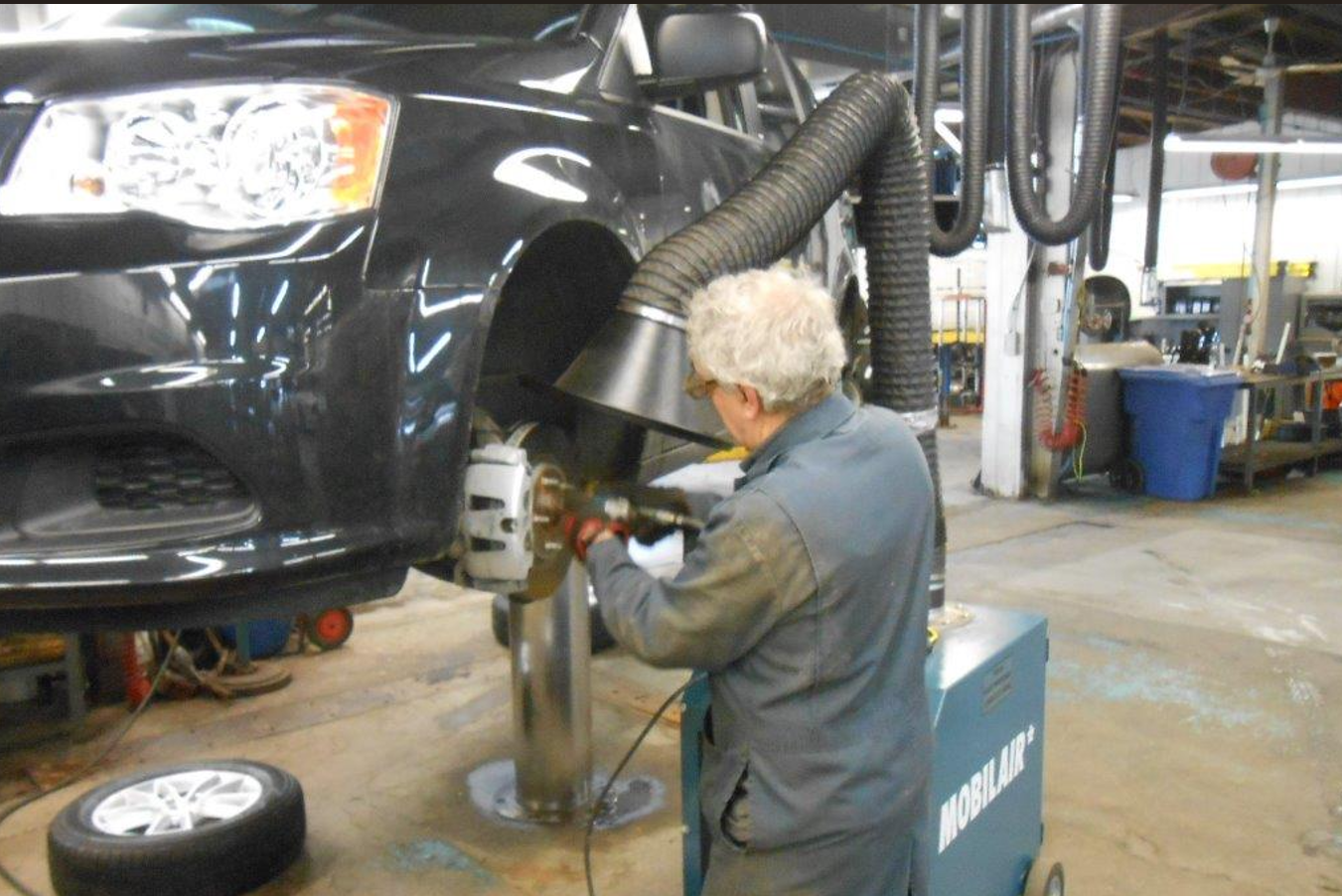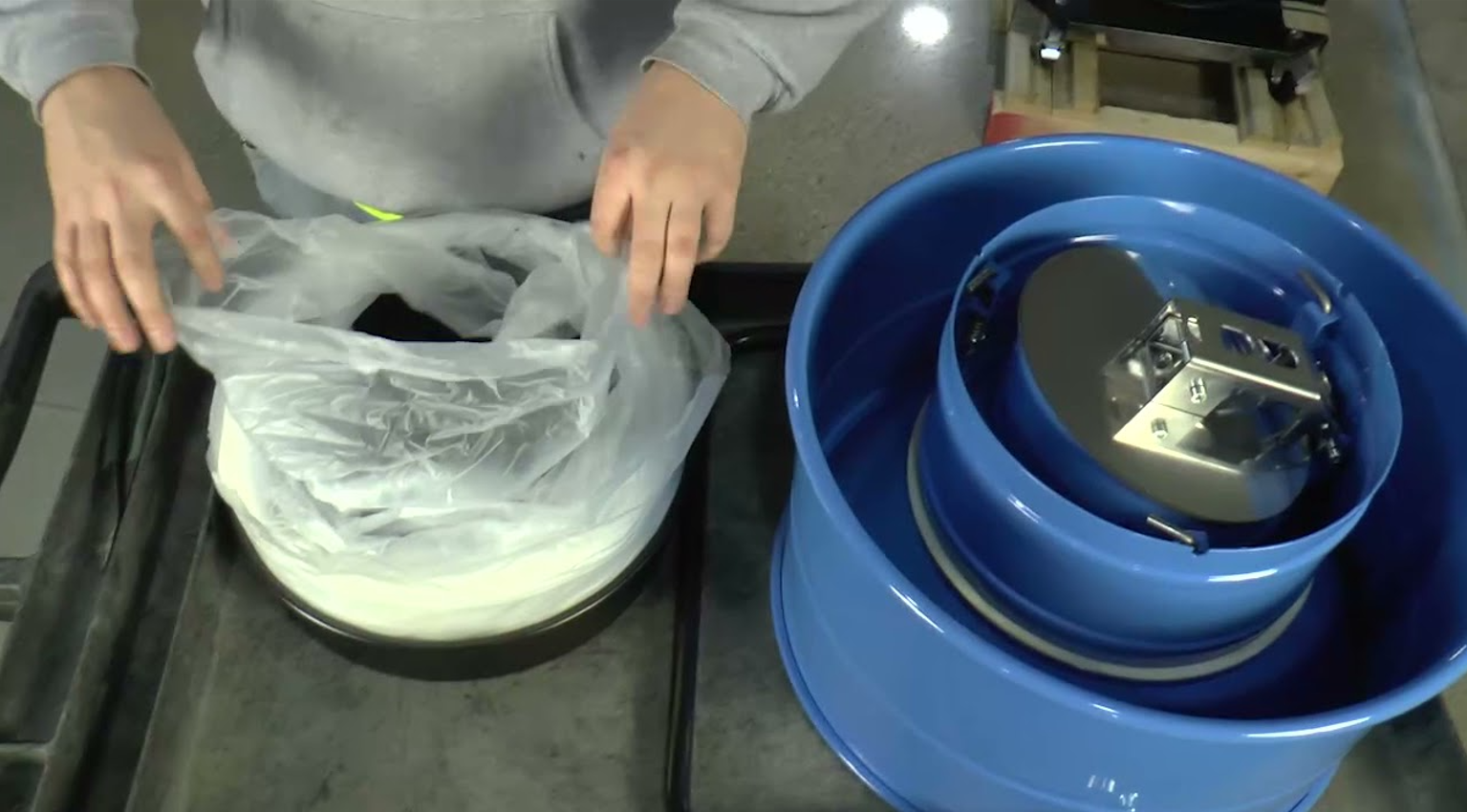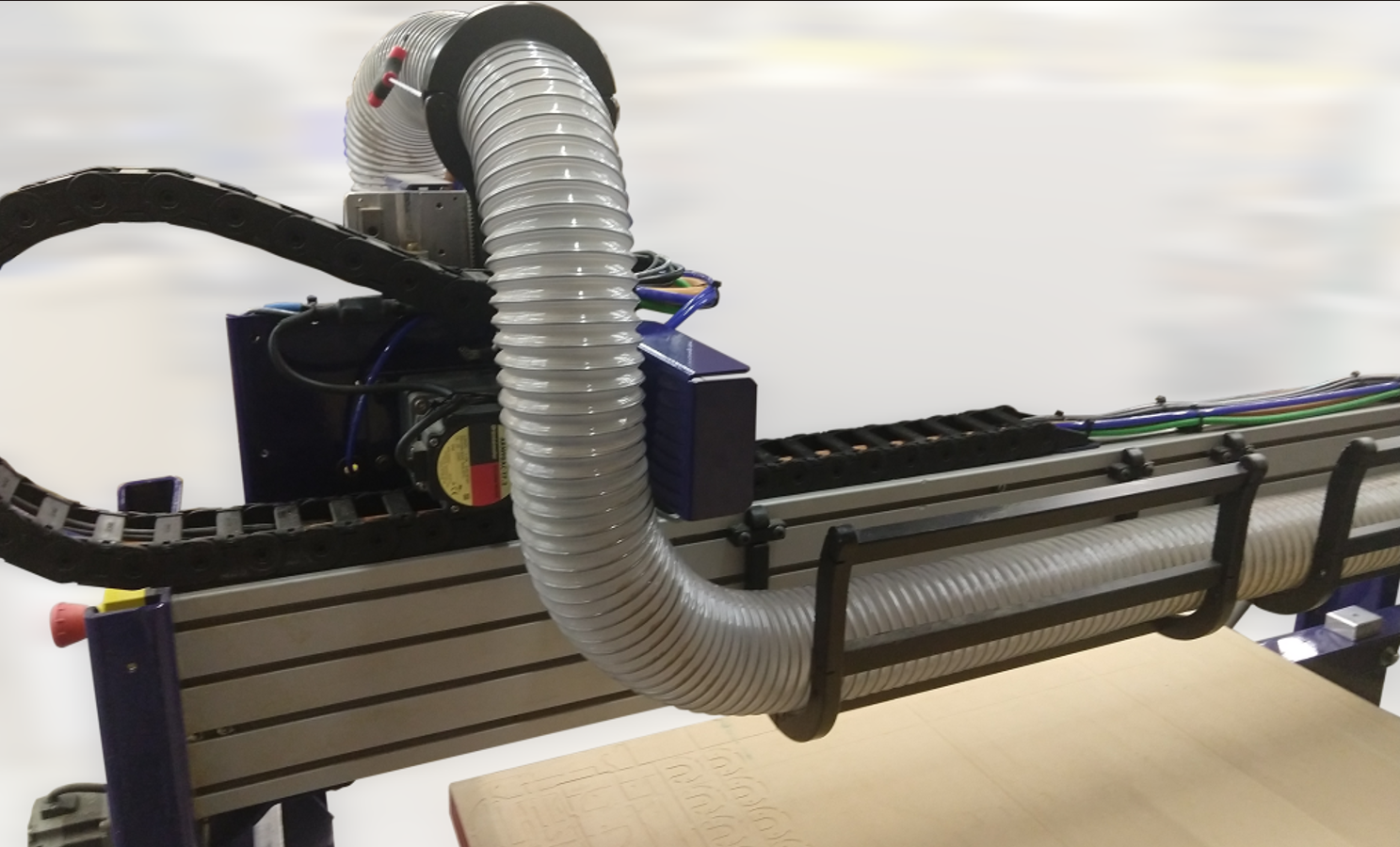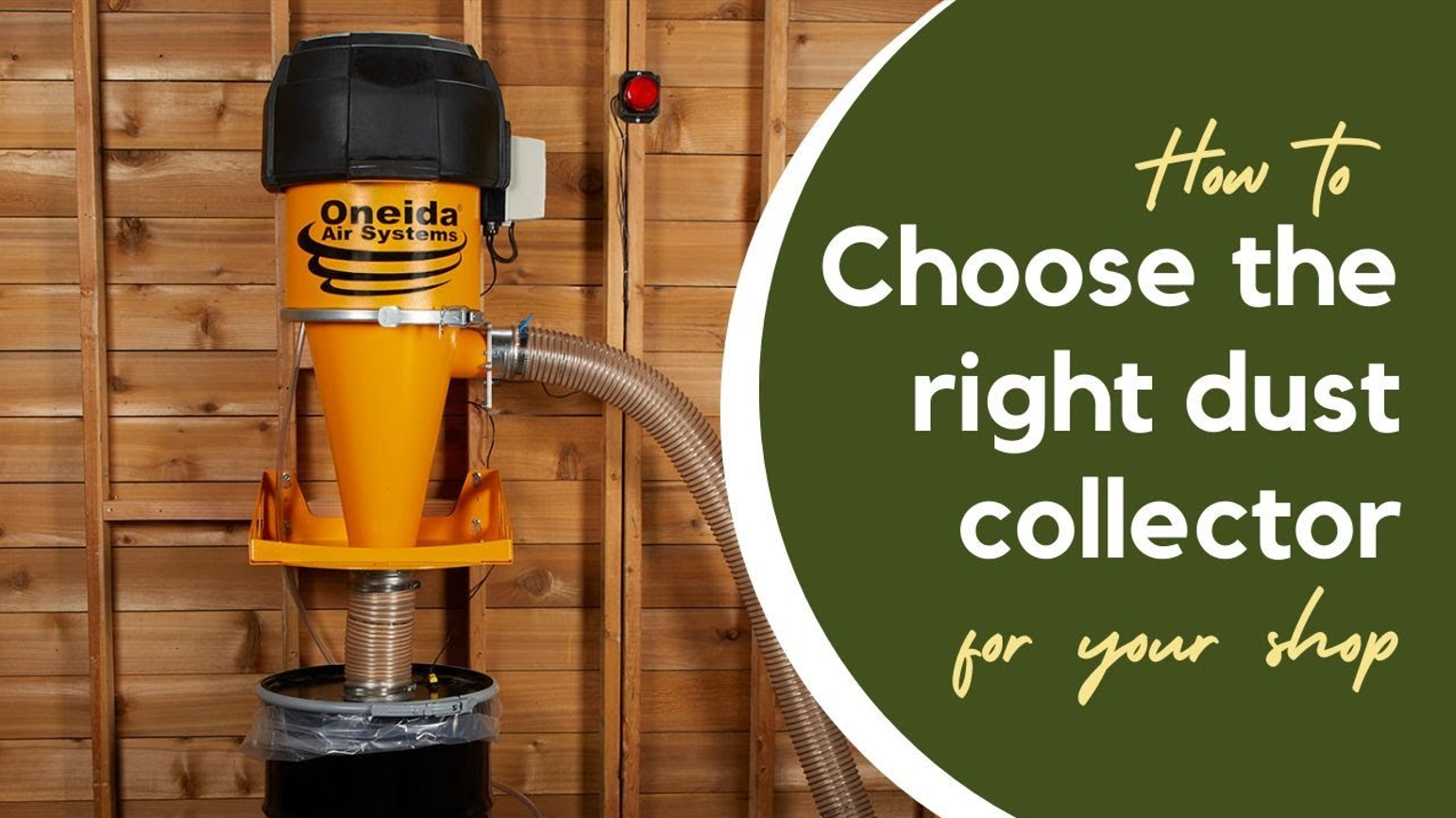If you're running a small auto body shop, you're likely surrounded by dust, paint mist, sanding debris, and fine metal particles. Over time, this buildup doesn't just make your space messy—it can affect the health of your workers, reduce the lifespan of your tools, and make your operations unsafe.
Why a Dust Collector is Essential in Auto Body Shops
- Cleaner Air, Safer Breathing
- Dust from sanding and painting can hang in the air for hours. Without a dust collection system, your team could be breathing in harmful particles daily.
- Less Cleaning Time
- Dust settles on floors, cars, and workbenches. A proper system helps control this and saves time on manual cleanup.
- Protects Tools and Equipment
- Dust can clog machines and reduce efficiency. Clean air means your tools last longer.
- Meets Safety and Environmental Guidelines
- Local regulations often require dust control in commercial workshops. Installing the right dust collector keeps you compliant.
What to Consider Before Buying One
1. Know Your Dust
Auto body shops typically generate:
- Paint overspray
- Sanding dust
- Metal particles from grinding
Knowing the type of dust helps you choose a system that filters it effectively.
2. Size of Your Shop
If your shop is under 1,000 square feet, you don't need an industrial-grade machine. A compact or manual dust collector may be perfect for your setup. These are space-saving, easy to maintain, and ideal for small work areas.
You can explore a high-quality manual dust collector if you're looking for a reliable and efficient model.
3. Airflow Rating (CFM)
CFM stands for cubic feet per minute. It tells you how much air the system moves. For small shops, aim for 300–600 CFM. For multiple work zones, go higher.
4. Filter Type
Look for systems with fine filters that trap small particles. HEPA filters are excellent for capturing sanding and paint dust, ensuring clean, breathable air.
Types of Dust Collectors That Work Well for Small Shops
Manual Dust Collectors
They're cost-effective, simple, and do the job well in small spaces. You manually clean the filters, which is quick and doesn't require advanced training.
Portable Dust Collectors
If you work in different areas of your shop, a portable model can be rolled around to where it's needed most.
Wall-Mounted Systems
These save valuable floor space and work well for shops that need constant but light-duty dust removal.
Don't Overlook Spare Parts
Every dust collector needs routine maintenance. Filters wear out, hoses may crack, and parts may require replacing.
It's smart to have access to quality dust collector spares to avoid interruptions in your workflow.
What Else Should You Look For?
- Low Noise
- Some systems are loud. Check the decibel rating before buying.
- Maintenance Requirements
- Manual models are hands-on. Choose what fits your team's capacity.
- Warranty and Support
- A good warranty gives peace of mind, especially for long-term use.
- Built-in Safety
- If you deal with sparks or metal dust, make sure your system has fire-safe features.
Choosing the right dust collector for your small auto body shop isn't just about price or size. It's about selecting a solution that fits your workspace, addresses your specific dust type, and enhances your team's environment for cleaner and safer conditions.



